In a TIME magazine feature for the series entitled “FIRSTS”, media mogul and mother of possibility Oprah Winfrey says, “It’s essential that in life you see yourself reflected in other people’s stories.”
One man who understands that is Oupa “Ouparazzi” Bopape, the iconic photographer who found value in a lens when he identified the way in which that same lens showcased the true value in others. Somehow, he’s always managed to see himself reflected in others. True to legendary photographer Annie Leibovitz who said “A thing that you see in my pictures is that I was not afraid to fall in love with these people”, the same can be said for Bopape.
Bopape plays for the long shot. For 25 years, this iconic photographer has given the entertainment industry longevity through his heightened gift of curiosity which always saw in others what they didn’t see in themselves. Bopape is the chief archivist of the industry and rightly so, owns entertainment. Befittingly, a typical day for Bopape consists of regularly checking traditional radio, print and tv media then proceeding to updating his archives if he does not have any bookings that day.
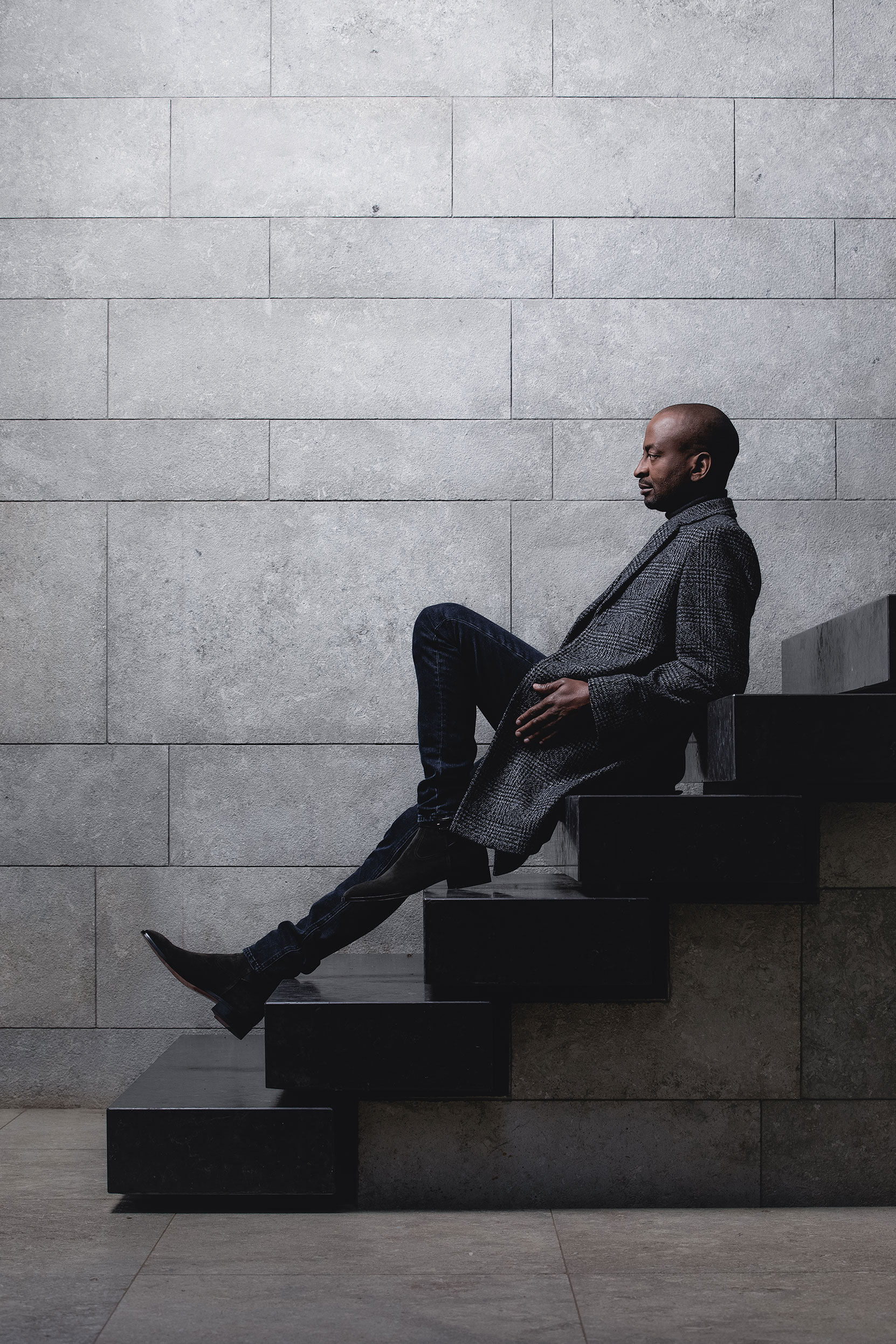
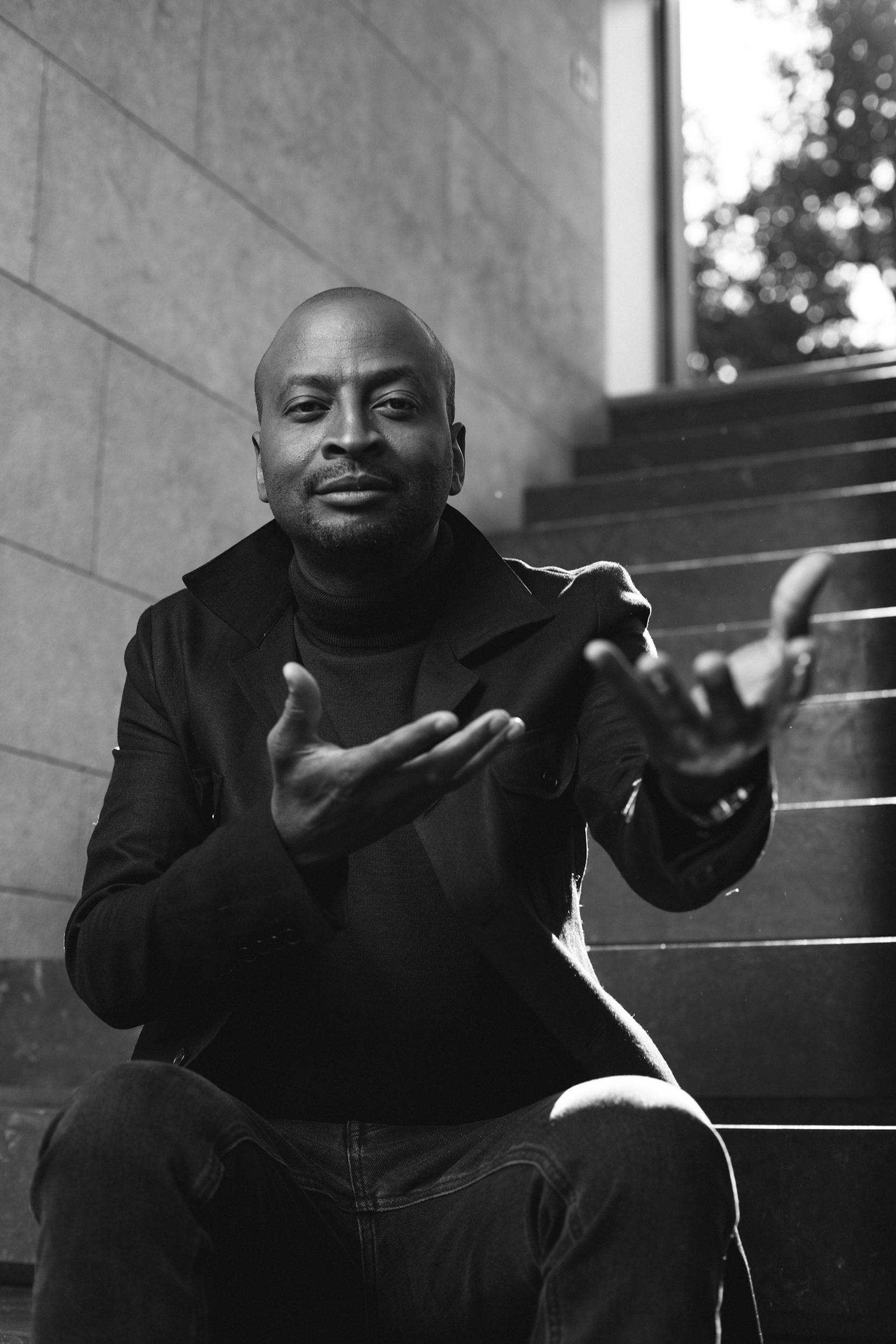
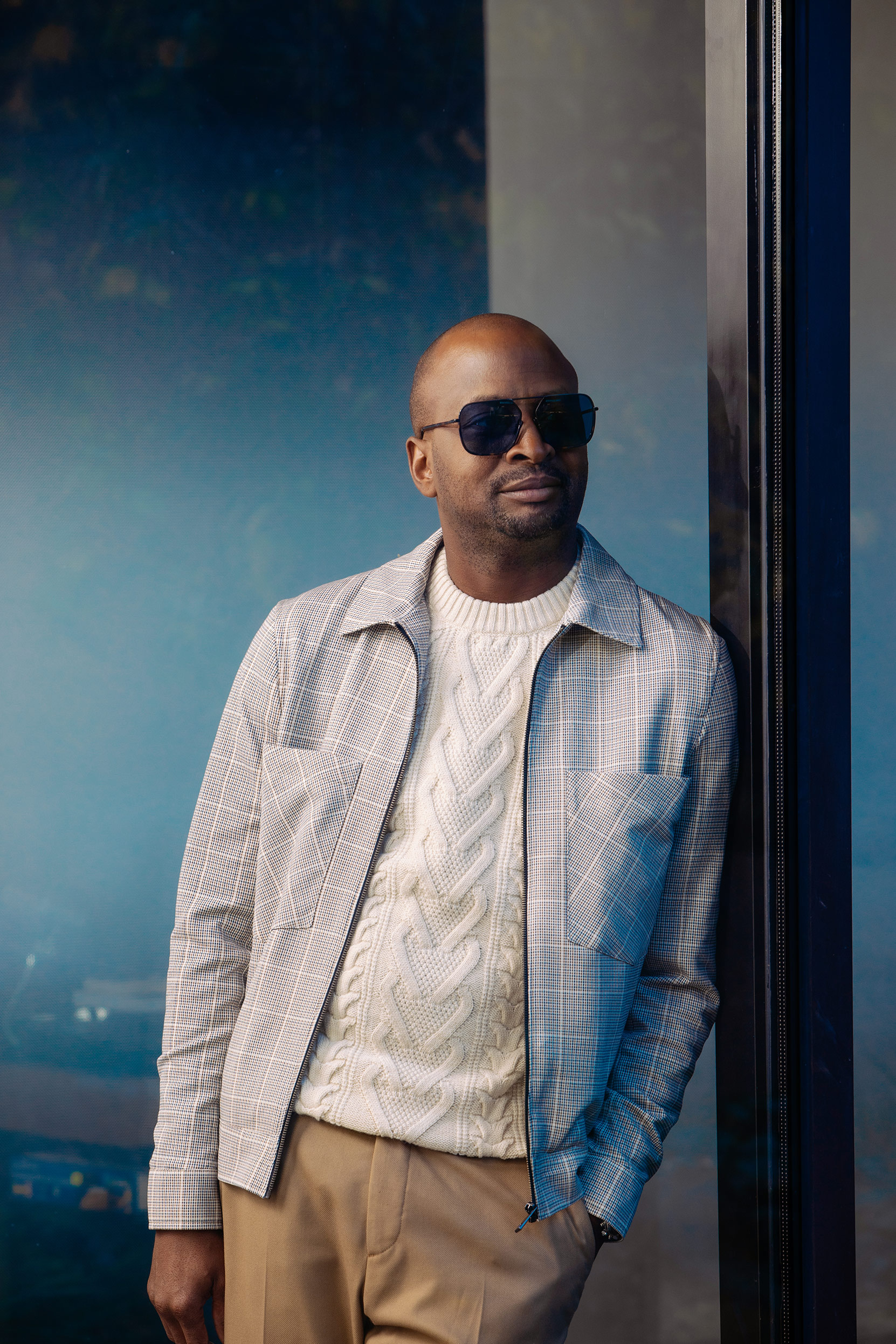
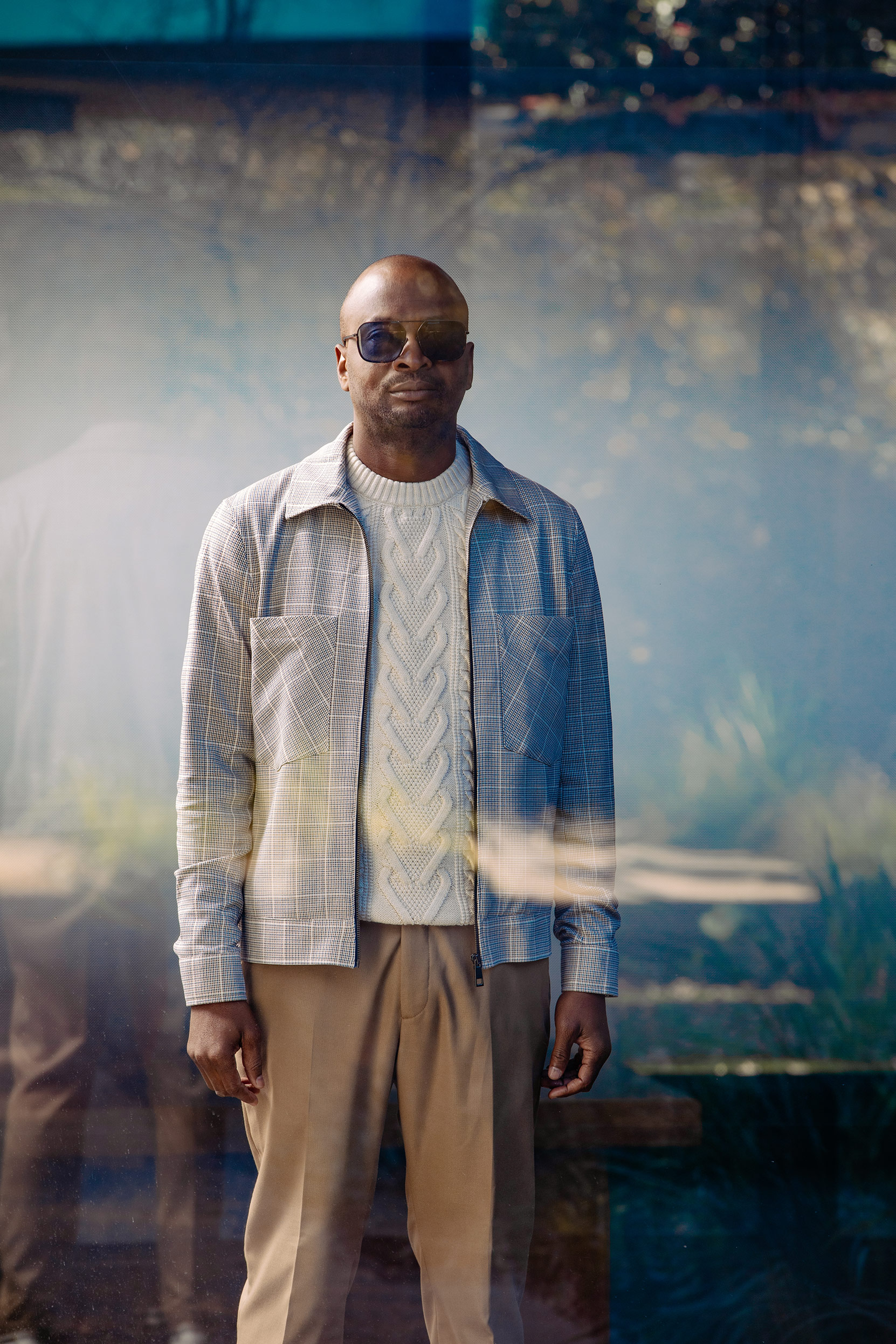
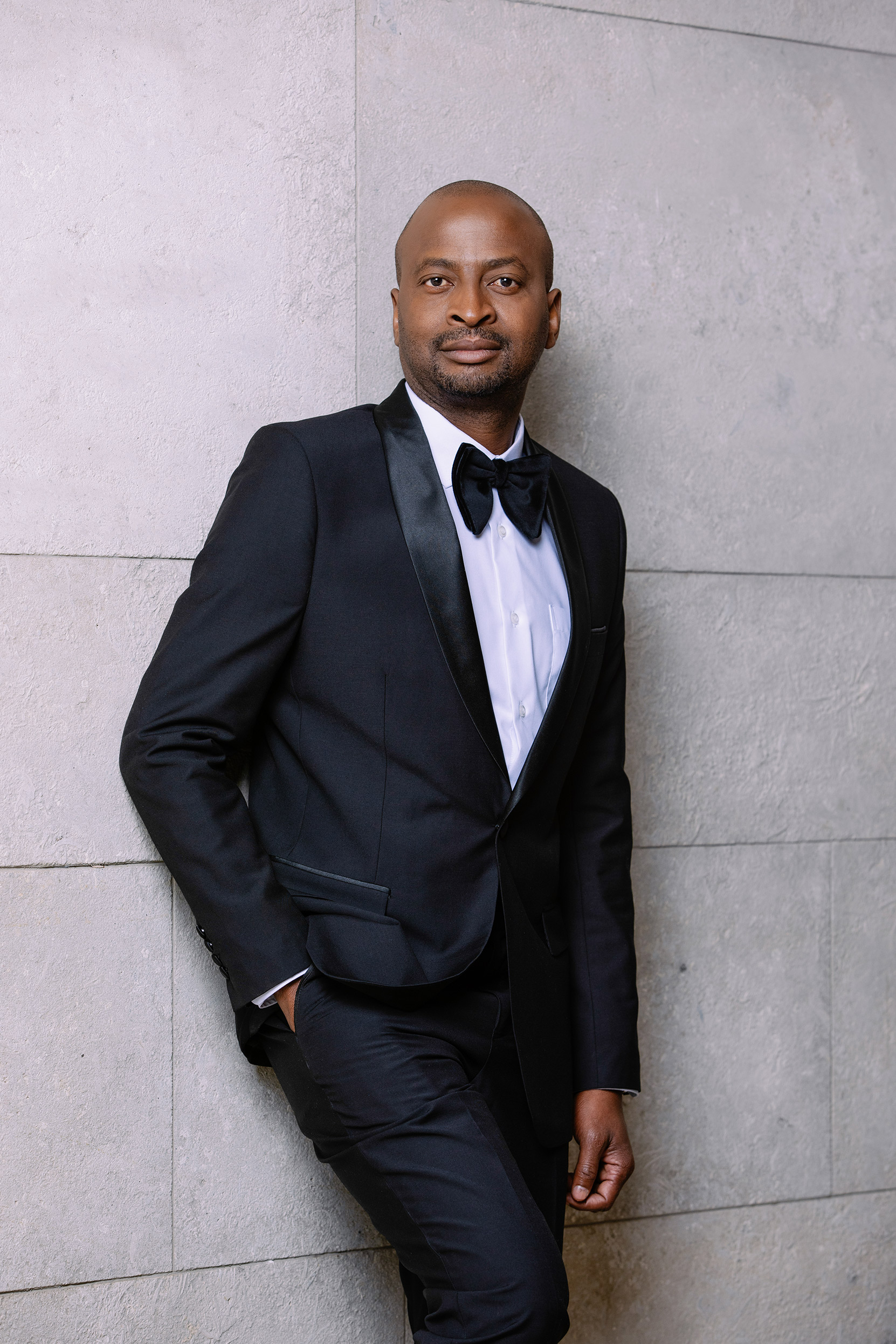
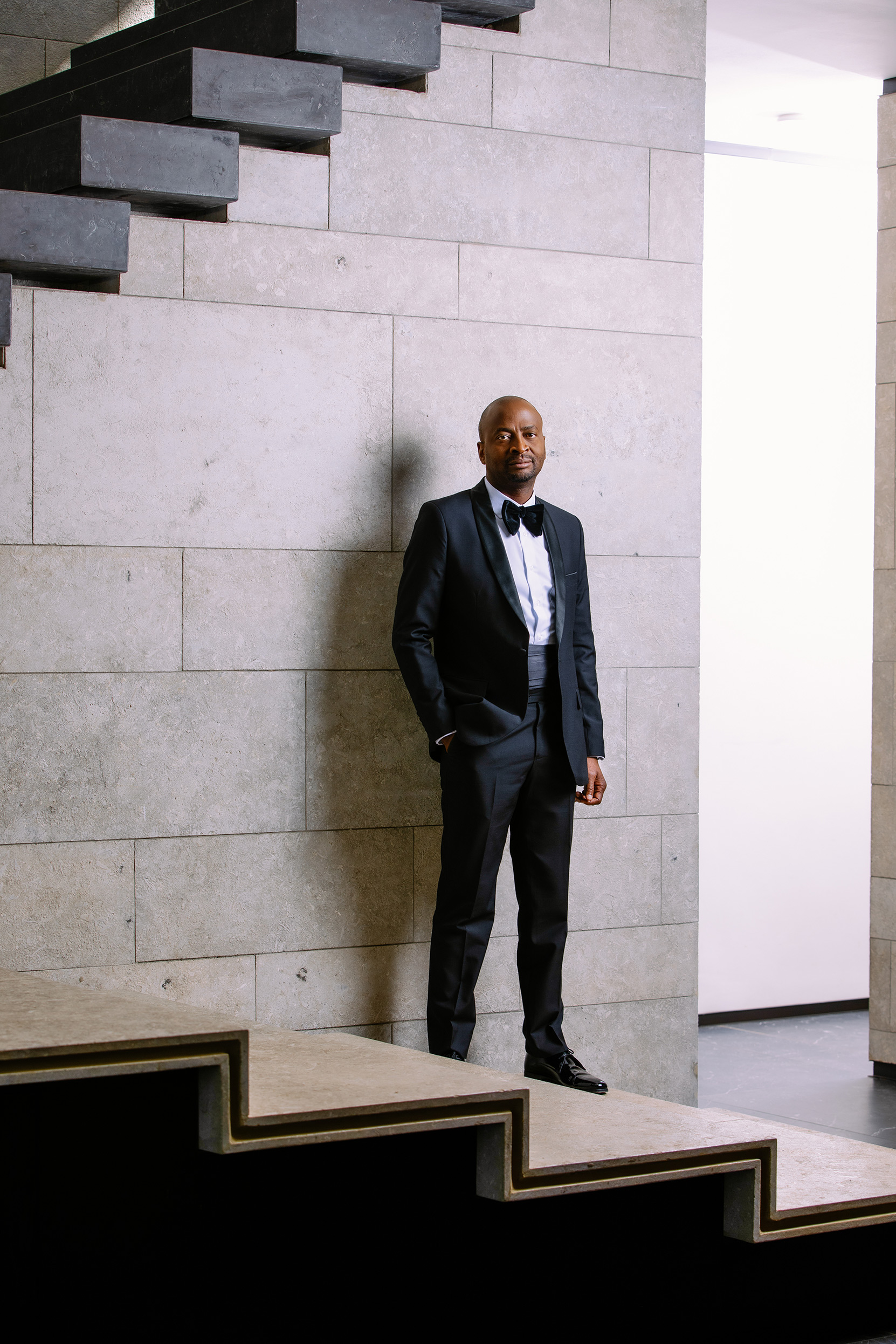
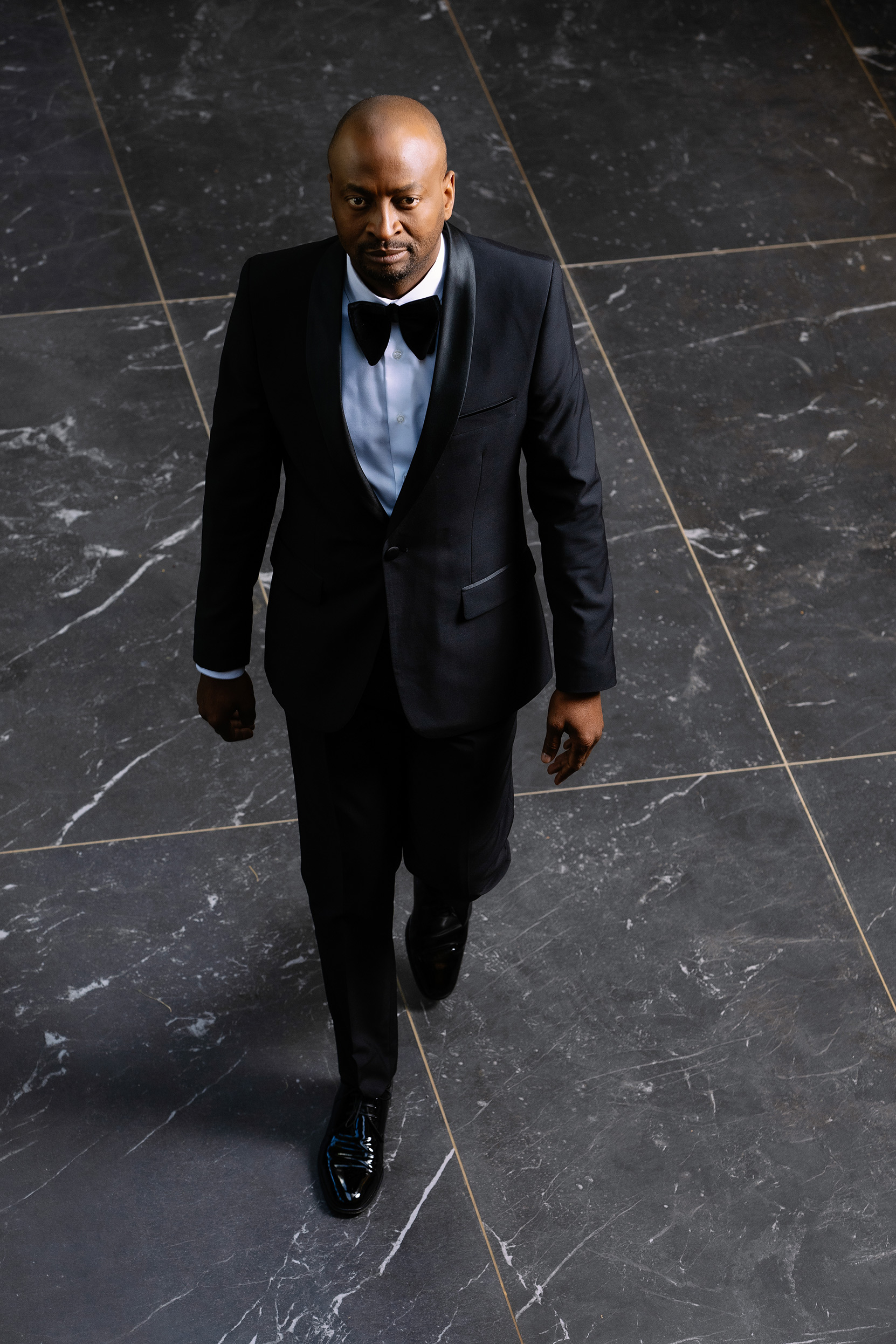
His archives consist of entertainment stars such as Khanyi Mbau, Nonhle Thema, Bonang Matheba, Tumisho Masha and Terry Pheto, to name a few. Bopape is the warm and friendly soul whom any self-respecting entertainment industry card carrying member who has ever mattered would know. He is proof of the photographic culture saying, It is more important to click with people than to click the shutter.
On any red-carpet worth a Sunday paper’s splash back in the day and/or a social media trend now, Bopape’s lens waits ready to take the shot that matters. Getting to this point where screen stars such as Mbau make bold statements such as “My images are taken by Oupa”, was not an easy ride for Bopape.
Similar to Winfrey’s misfit success story which began in rural Mississippi under a “random” oak tree which today has amounted in her having the type of success that had her own property filled with a field of oak trees in one of her many prosperous backyards, Bopape’s story of success too reveals somewhat of a misfit for the usual shape of success.
Born in Polokwane during the Apartheid era, Bopape together with his siblings, were raised by their single mother Annah. Surviving on his grandmother’s grant and whatever his mother could string together made for a challenging upbringing. However, that would all change by the grace of his loving mother who knew not then that her means of expressing pride in her son would open the door to his destiny.
“My life was handstitched by God” he says. “My mother bought me a camera in 1994 after passing standard 8 (Grade 10) well. I started taking photographs for R5 an image and requested a 50% deposit. When I received this camera, I never thought I could make a living from photography. However, after my sister passed when I was 19, my mother lost her job and I met my mentor Bra Tom Khoza, a seasoned political photographer, who taught me that I could make a living from photography and most importantly, how to hustle.”
It is said that great photography is about depth of feeling, not depth of field. Bopape has always carried a great and sincere feeling for the entertainment industry. However, this was much to his mentor’s disapproval of Bopape wanting to pursue the “frivolous” world of entertainment as opposed to one more serious in political photography at a time when the new South African democracy was finding its feet.
“Bra Tom was like a father to me” Bopape states. “As his son, he thought I would follow in his footsteps whereas I wanted to capture entertainment. To make matters worse, back then there were no opportunities for entertainment (tv, film, music) photography.”
Bopape relentlessly followed his calling of capturing an industry which was yet to be captured so vividly.
“Before I had to drop out of Arts School to support my family, I studied the music business as a course where I learnt that there were also viable careers behind-the-scenes. Bra Tom’s hustler ethic solidified what I was learning at school. My big-break came when I gate-crashed the South African Music Awards (SAMA) in 2002. I wasn’t known, I didn’t have a pass, so I arrived early in order to increase my chances of getting access granted and it worked. That night, I noticed that City Press and Sunday Sun had no media presence on that same night when Zola won the award for Song of The Year. The following day, I called these two publications and told them I had images from the SAMA’s and they published them. When I showed Bra Tom those Sunday papers, he was very proud of me.”
Bopape’s stroke of genius was the beginning of his career as we know of it today.
A graduate of the College of Digital Photography in Rosebank, Johannesburg, Bopape has taken iconic images of the entertainment industry as they pertain to tv, film and music. Most notably was that image he took of Bonginkosi “Zola” Dlamini together with Mduduzi “Mandoza” Tshabalala. His memory of this moment though spoke more to what really drove him at the onset of this destined career path – a means to make himself an entrepreneur out of it.
Bopape says, “From day 1, I never wanted to work for anyone. I knew that if I pushed content for at least 10 years, I would be in a position to sell the images at a premium price. When I got the picture of Zola and Mandoza winning a SAMA, I knew that in 20 years’ time, that image would be worth a lot of money. Taking that picture caused me to wake up and invest for the future. I decided to follow the likes of Zola around because I knew that in 10 years’ time, the images would tell another story.”
Developing his skill as a photographic entrepreneur has also made him cast a discerning eye on the current portfolio photographers use in social media. Having just transferred his business online with the launch of his multimedia platform Ouparazzi TV, of the common practice by photographers showcasing most of their best work on social media, Bopape says, “Chasing social media likes is like having Monopoly money. What’s important is one’s copyright, not likes.”
As a photographer who has always sought to respect his craft by protecting his copyright from the onset, Bopape equally always sought to respect his subjects by remembering the words of his mentor Bra Tom who reminded him of the Brenda Fassie classic, Sum’ Bulala, with the lyrics “Sum’bulala yoh, ngob’uzomdinga” which essentially means, “Don’t kill (embarrass/upset) kill a person because one day you’ll need them”. Of the entire archived vault of images Bopape has with images that could destroy some careers at the click of a button, Bopape has remained true to the notion of karma, embedded in MaBrr’s words. Of this, Bopape says, “With images that don’t show people in the best light, one has to think for the future….I haven’t experienced drama with celebrity images, only mutual respect….I went from gate-crashing gigs to now being requested to cover tv, film & media events. I went from creating the option of myself as a photographer to now having those options to shoot presented to me. I don’t compete with anyone.”
One could easily correlate Bopape’s legacy to that of Jonathan Mannion’s – Hip Hop’s foremost photographer who has captured the careers of Jay Z, Ice Cube, Busta Rhymes and The Notorious B.I.G, just to name a few. However, unlike the Mannion’s and Leibovitz’s of this world, Bopape took the road less travelled of fighting for an industry which never even knew that it needed to be captured in such an engaging, accessible and media friendly light. William Thackeray put it well when he said, “The two most engaging powers of a photograph are to make new things familiar and familiar things new”.
Had it not been for Bopape’s sheer will and efforts to make the entertainment industry’s foremost stars familiar enough such that they were always those whom we looked to as the one’s ushering in what’s new, what culture of image archiving would the industry bank on today? The Ouparazzi brand has done more than the typical paparazzi does of taking any shot that care less for human dignity and more for the highest bidding tabloid. The Ouparazzi brand has built a career in entertainment that showcases how the intention of the one holding the camera reflects in the dignity of the subject and ultimately determines the impact of the image – a long-shot approach to an often short-sighted art.
Credits:
Photographer: @jefflovesphotography
Assisted by: @thabomadedifrent
Grooming: @vuyovaroy
Fashion Director: @bobthestylist
Wardrobe: @frankbespoke
thebar. Magazine
thebar. is an online magazine, concerned (read: obsessed)
with the local and international film industries.
Our purpose is to elevate these industries and their leaders
by showcasing high quality, breakthrough content which
elicits a strong response from those working inside
the industry and outside it.
Related Posts
1st Jul 2019
Oupa “Ouparazzi” Bopape – The Icon whose Lens Takes the Long-Shot
In 1994 when South Africa was finding…



